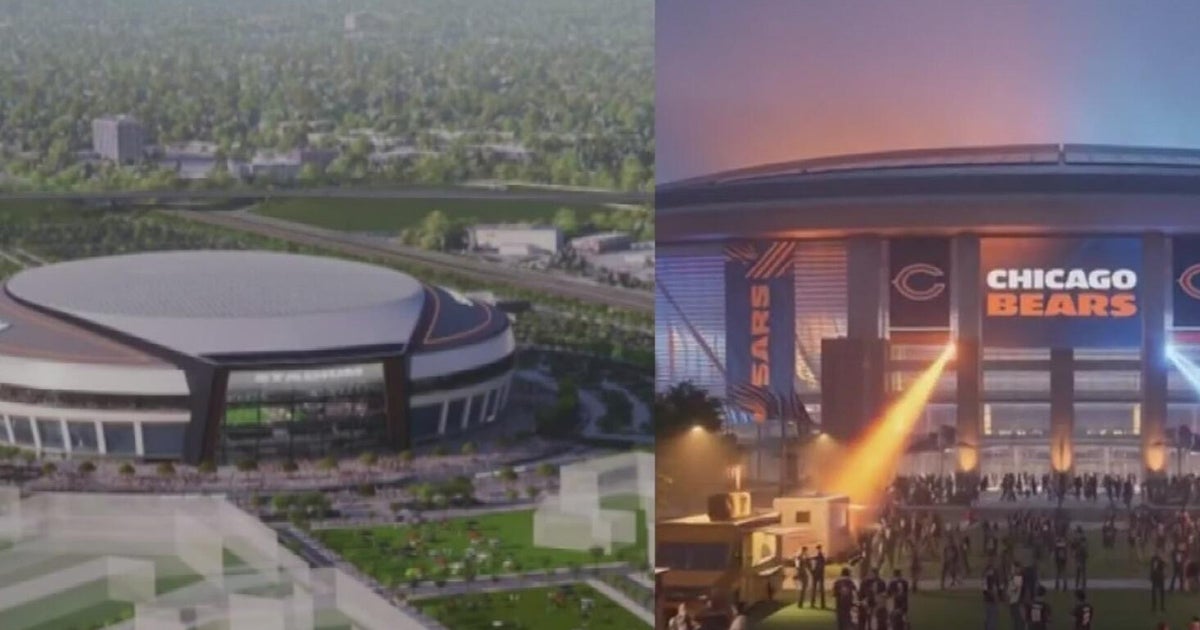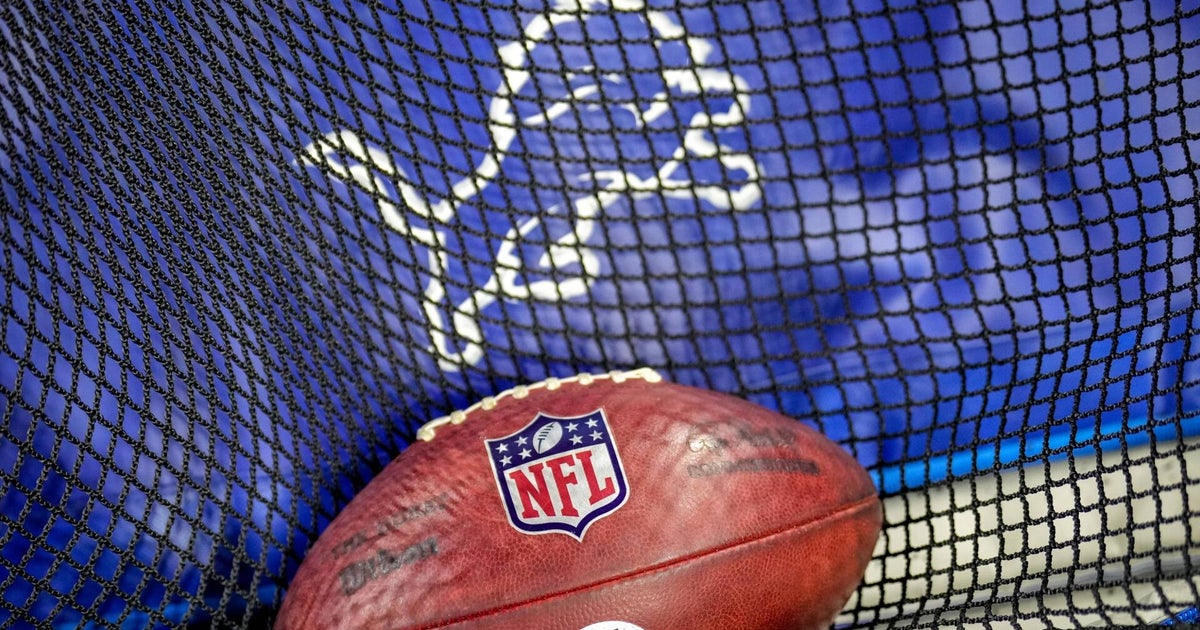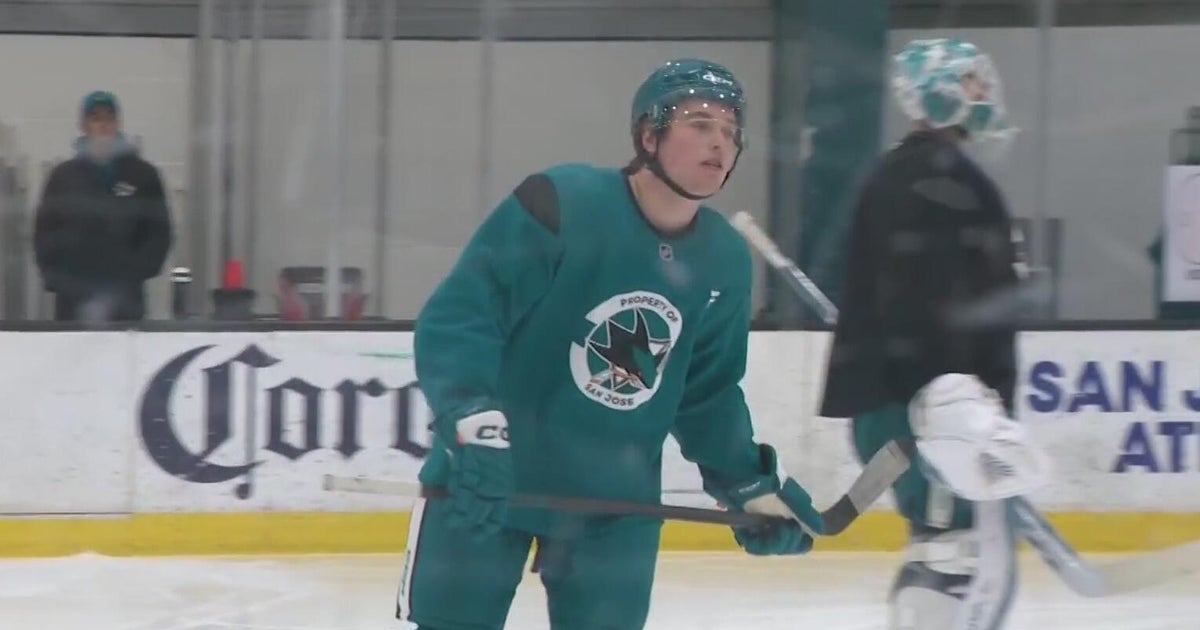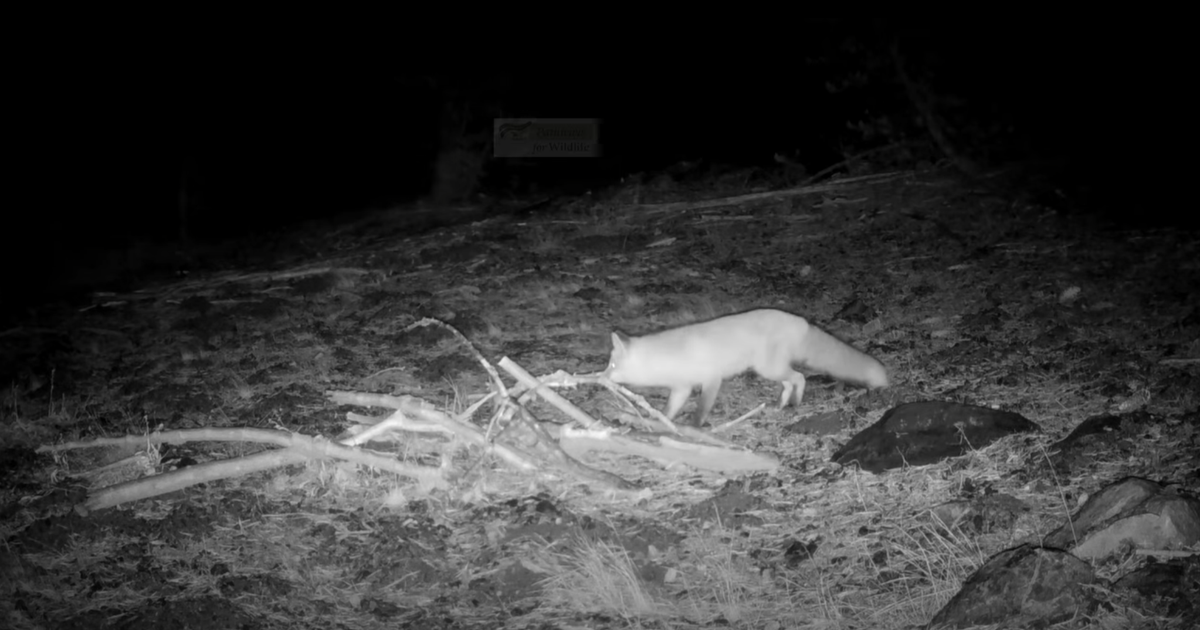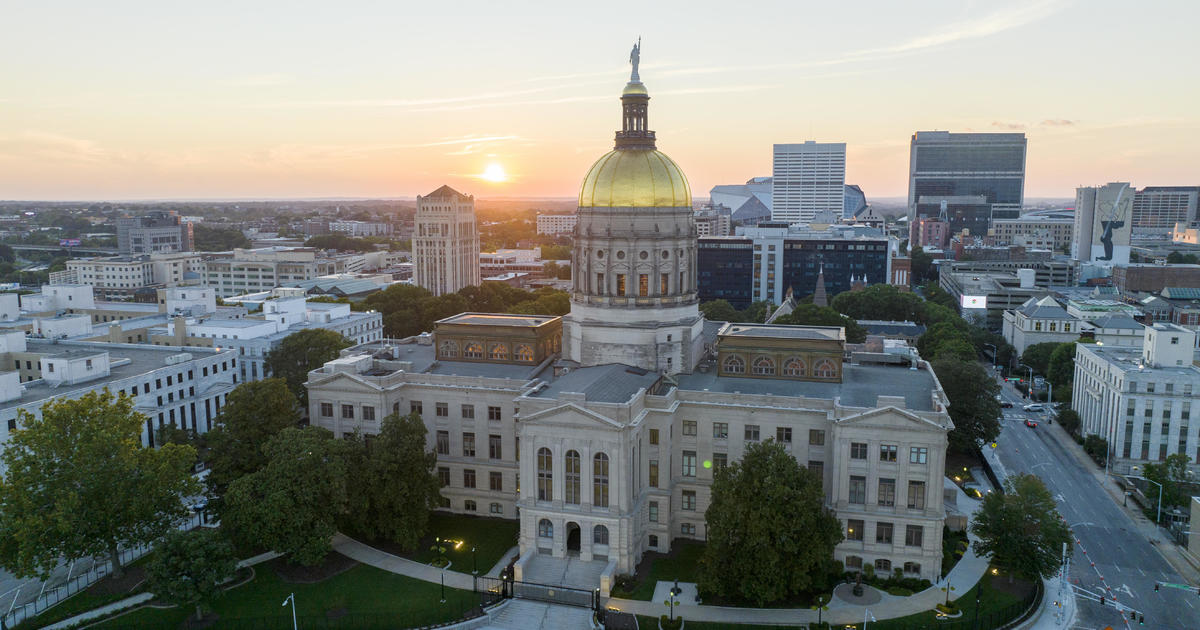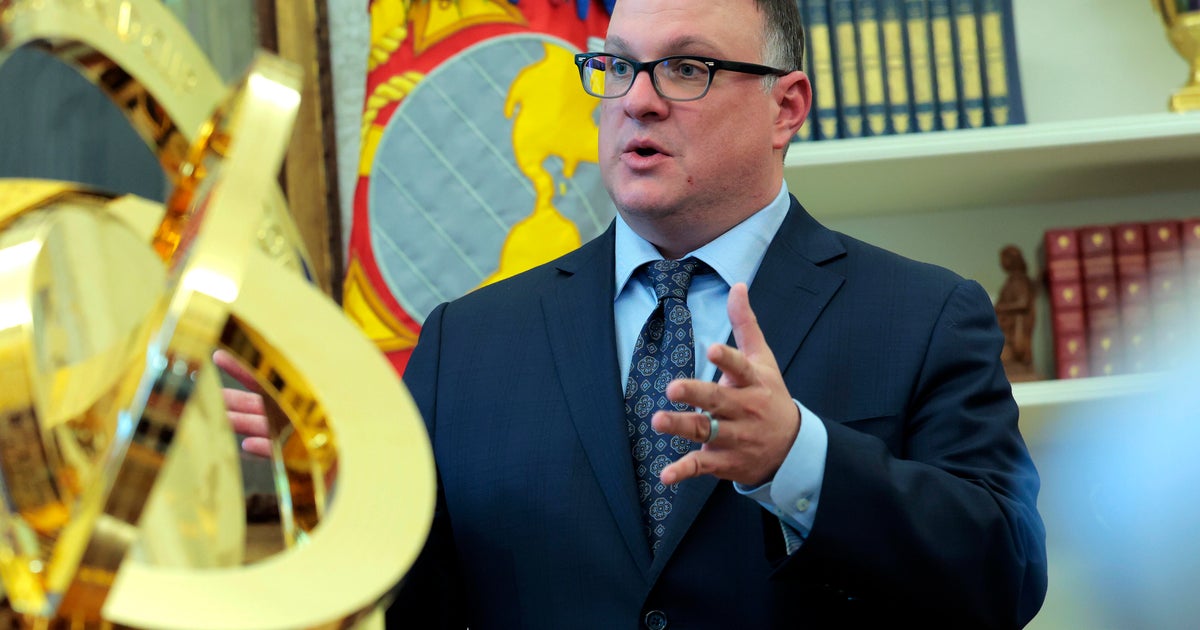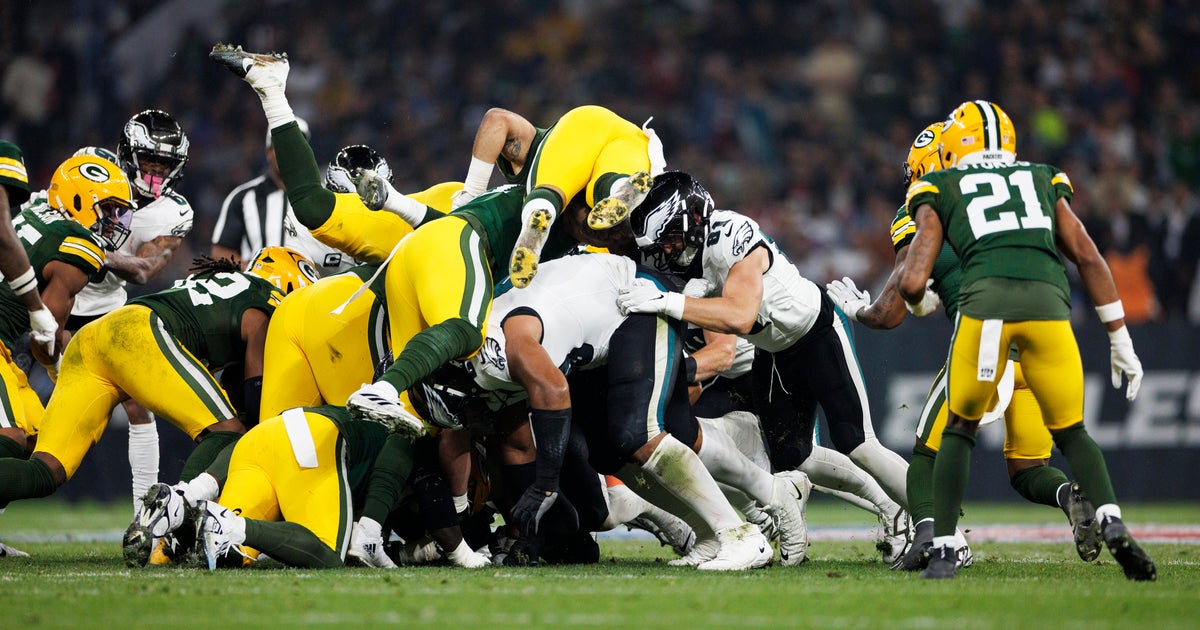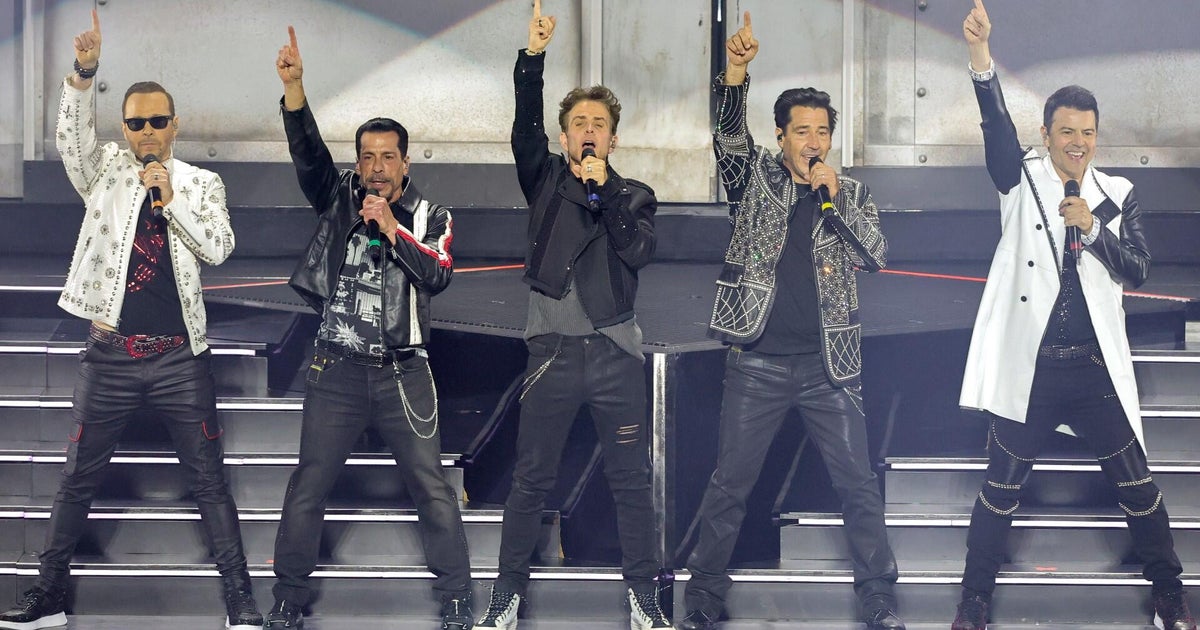Things To know As Nevada Lawmakers Vet Vegas Stadium
LAS VEGAS (AP) — Nevada lawmakers convene Monday to consider raising taxes in the Las Vegas area to help fund a $1.9 billion football stadium, a $1.4 billion convention center expansion and more police officers to protect the additional tourists.
Here are things to know about the deal:
STADIUM COULD MAKE VEGAS A SPORTS TOWN
Las Vegas has long been a pariah for professional sports leagues because of Nevada's legal sports betting. But the stigma appears to be fading after the National Hockey League announced this summer that it plans to place an expansion team there starting in the 2017-2018 season. NFL owners, who have previously erred on the conservative side of the gambling question, would have to vote by a three-fourths majority to allow the Raiders to move from Oakland to Las Vegas. NFL Commissioner Roger Goodell has said he wants to try to keep the team in the Bay Area, while the team's owner, Mark Davis, said he's serious about moving the team to Las Vegas in time for the 2020 season. The stadium would also house UNLV football. The largely commuter school wants to elevate its reputation and play in a venue closer than its current home of Sam Boyd Stadium, which is seven miles from campus.
IT WOULD RAISE TOURISTS' HOTEL BILLS
The proposed deal would increase the hotel tax on the Las Vegas Strip by 0.88 percentage points for the stadium, and 0.5 percentage points for the convention center. Tourists are already paying a 12 percent hotel room tax, which funds tourism improvement projects, schools and other services. They would pay about $1.50 more per night on the average nightly Strip hotel bill if both proposals pass. Proponents are selling the project to lawmakers on the basis that the tax increase would hit tourists, not locals, and that the hotel tax has always been aimed at increasing tourism — southern Nevada's most important industry. Two-thirds of each Republican-controlled house must approve any tax increase.
DEAL FOR A BILLIONAIRE
Behind the deal is Las Vegas Sands casino owner and Republican mega-donor Sheldon Adelson, who's worth about $32 billion and ranks as the 14th richest person in the U.S. on Forbes' latest rankings. Opponents say he, of all people, can afford to fully finance the stadium on his own. Adelson is committing $650 million to the project, while asking for $750 million from hotel tax revenue to cover bonds and $500 million from the Raiders and the NFL. Proponents argue the two projects could bring 14,000 permanent jobs and make a $620 million annual economic impact, while opponents fear the projections are too optimistic and worry the deal's structure could leave taxpayers holding the bag in case of another recession. They also say the public's share — 39 percent of the estimated total cost — is higher than in other projects, while stadium supporters say that's on par with the breakdown at recently built Dallas and Minneapolis stadiums.
UNION VS. UNION
The hospitality workers of Las Vegas' powerful Culinary Union are opposed to the stadium deal, releasing a cartoon-style video ad with the rhyme "they must think that we are dumb / to raise taxes for their stadium." They insist they're opposed to the deal because they think any tax hike revenues should go to Nevada's bottom-ranking public schools instead of stadiums, and not because Adelson has resisted unionization efforts at his casinos. But they're going against other labor supporters, including the Laborers Union, which is eager for the thousands of construction jobs the projects are expected to create. The group held tailgate parties outside meetings focused on vetting the deal.
YOM KIPPUR RECESS
Nevada's 63 lawmakers are supposed to meet in a special session starting Monday morning. There's no set end date; special sessions in 2014 and 2015 lasted two and four days, respectively. Republican Gov. Brian Sandoval said he consulted with a rabbi about the potential that the meetings will conflict with Yom Kippur, the most important holiday on the Jewish calendar, and plans a break in the action from sundown Tuesday to sundown Wednesday for the observance. Lawmakers are prohibited from fundraising from the day after the governor issues a formal proclamation calling the session — likely Sunday — until 15 days after it adjourns.
Copyright 2016 The Associated Press. All rights reserved. This material may not be published, broadcast, rewritten or redistributed.
